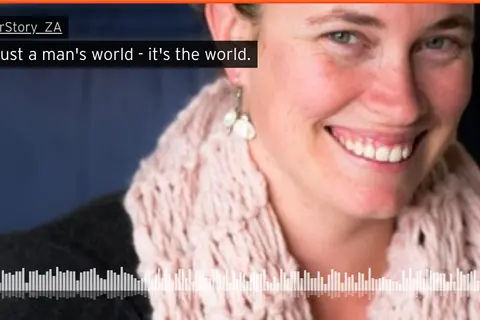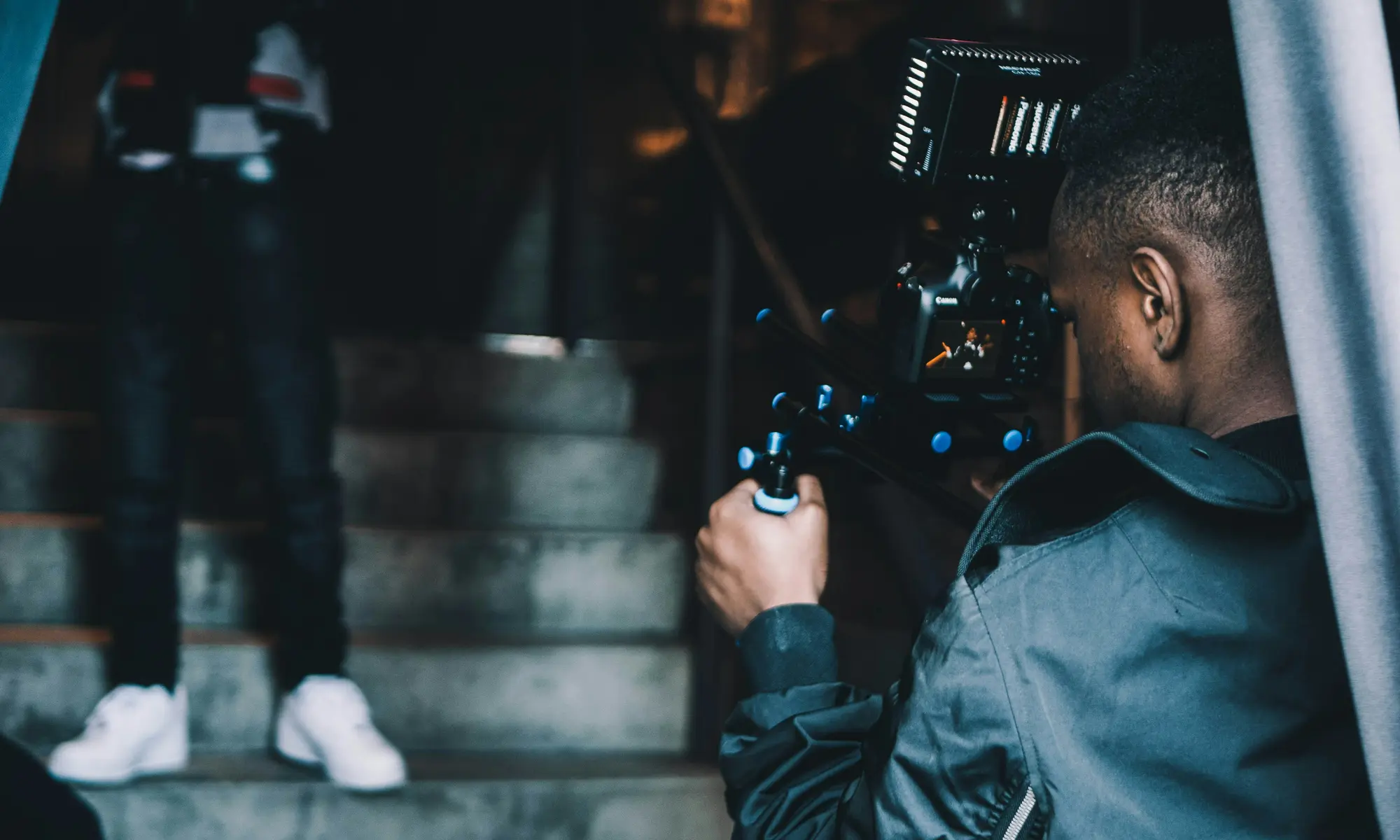Healing the legacy of apartheid in Lenasia
Written , Apartheid , StorytellingIt was the apartheid government’s Group Areas Act that forced Russel Abrahams and his family to move out of the city of Johannesburg to Lenasia in the South of Johannesburg, after it had been marked as one of the residential areas that would house the Indian community.
He admits that it was not quite as underdeveloped as its neighbour Soweto which had no road infrastructure, poor sanitation and matchbox houses, but still not as glossy as the lush suburban homes that were reserved for whites.
Russel was 13 years old when his family moved to Lenasia. At the time, he didn’t realise that there was a greater call from God for him to become an influence to the people in his community.
He reminisces about his father who worked as a wine steward in the city and joined other working class members in his community to catch the only train that was available to residents. Had he missed its last round at midnight, he would only return home at 3am in the morning.
“It was a quiet community, very peaceful in those days,” he says. “It was diverse in terms of religion because there was a large gathering of Hindus, Muslims, a small number of Christians, mission churches, Roman Catholics and the Indian reform church.”
The people of Lenasia, fondly known by its residents as Lenz, were politically conscious and it was the home of Ahmed Kathrada, one of the greatest leaders in the liberation struggle.
“Mahatma Ghandi had a significant influence on the Indian community, when he was active in the country," he says. "There was the political will to resist the government when we were forced out of Johannesburg. Many houses were bulldozed, which forced the resettlement of the Indian community."
It was in 1990 that Russel was ordained as a pastor of Christian Revival Centre, and from 1999, the church became more inclusive.
“We are based next to a very large informal settlement called Thembelihle, we made a decision that our church cannot be exclusively Indian, so we took a serious decision to welcome African people into our church,” he says.
Today the church houses a diverse community of different gender, age, race and class.
Pastor Russel believes the best way to administer the gospel is through storytelling, and will be partnering with Heartlines to roll out the What’s Your Story? initiative in his church.
“God presents his word in the form of narrative and I’ve come to the conclusion that if God chose stories and Jesus chose parables to communicate his truth, then story is important,” he says.
”I want to bridge the gap between Indians and black people in my community. We share a common history, common struggles, we are very much alike in some areas and different in others,” he says.
“Story will break down the reservations that exist between the two. We’ve lived in this country for so long but we still don’t know one another. We know superficial things. We want a growing understanding to translate to a growing appreciation of the other.”
It is a change of attitude that he believes will break barriers in the community of Lenz, with a vision to see Indian school children inviting children of other races to connect with them, neighbours getting to know one another and stereotypes being shattered at both ends.
What’s Your Story? Church mobilisation lead facilitator, Seth Naicker, says a network has been created between the Lenasia Church Fraternal and South Ministries which have 48 churches.
In 2018 representatives from churches in Lenasia, Soweto, Klipspruit, Eldorado Park, Alberton and Barsoni, to name a few, took part in a BRIDGE process.
As part of this process, leaders shared their own stories in order to be able to experience the power of using storytelling and What’s Your Story? to bring about unity and transformation.

This project was made possible through the support of a grant from Templeton Religion Trust. The opinions expressed in this publication are those of the authors and do not necessarily reflect the views of Templeton Religion Trust.
Featured






